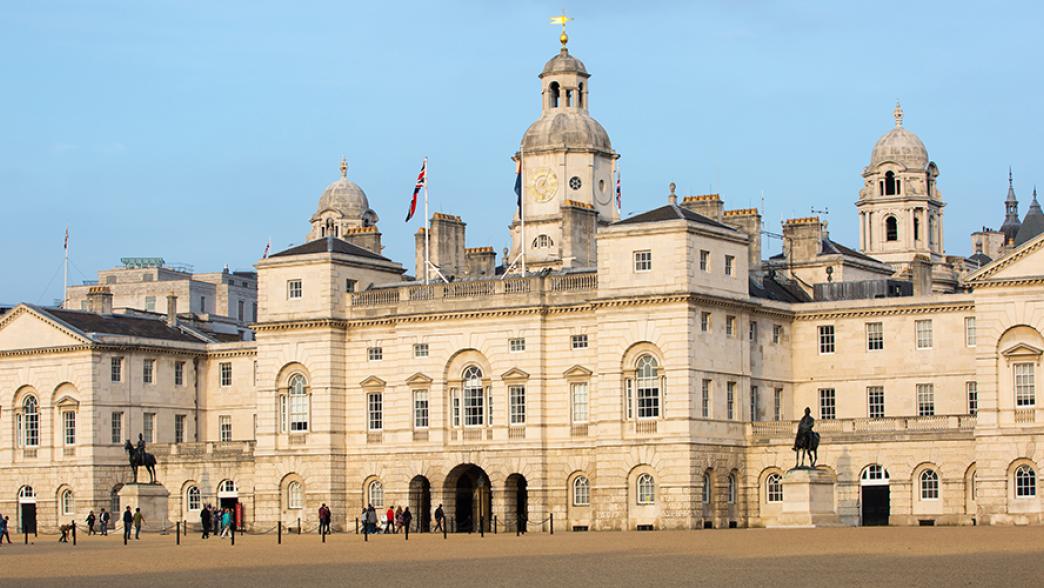After Boris Johnson: what now for the civil service?
With the Johnson era coming to a close the civil service’s leaders need to find their voices, assert how best to run the institution, set a clear purp

With the Johnson era coming to a close the civil service’s leaders need to find their voices, assert how best to run the institution, set a clear purp

Why the centre of government has failed successive prime ministers – and seven recommendations for radical reform.
Our annual, data-based assessment of the UK civil service, how it has changed and performed over the past year, and its priorities for the future.
Rishi Sunak has to call a general election by 17 December.
Join us and permanent secretaries Cat Little, Sarah Munby and Gareth Davies as we discuss the benefits of external recruitment.